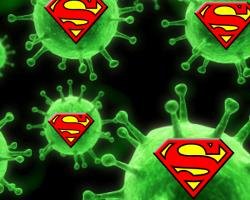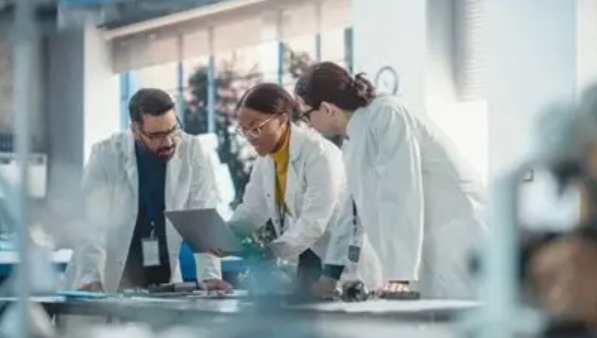
Bad news for super bugs: New venture by AmpliPhi and SPH will combat the growing threat of antibiotic resistance
Singapore: Australia-based AmpliPhi Biosciences is looking to acquire Brookvale, a Sydney-based Special Phage Services (SPS). The combination of the two companies would result in the creation of a leading anti-infective company that would be focused on developing phage-based therapies to combat the growing threat of antibiotic-resistant infection.
In a share exchange transaction, AmpliPhi Australia, a wholly owned subsidiary of US-based AmpliPhi, has offered to acquire Sydney-based Special Phage Holdings (SPH), the holding company of SPS. AmpliPhi offered up to 40 million shares of its common stock in exchange for 100 percent of the fully diluted share capital of SPH (approximately 22.7 million shares outstanding as of September 7, 2012).
The combination would bring together complementary technologies and expertise in bacteriophage-based therapies to create a company with an exciting development stage pipeline of innovative anti-bacterial addressing the antibiotic resistant infections market.
AmpliPhi's president and CEO, Mr Phil Young would continue to lead the enlarged company alongside current chairman Dr Jeremy Curnock-Cook and other Ampliphi board directors, including Ms Caroline Williams (as deputy chairman), Dr Mike Perry, and Mr Louis Drapeau. The founder and MD of SPH, Dr Anthony Smithyman, and SPH's financial adviser, Mr Tony Gellert would also join the Ampliphi board on completion of the transaction.
Mr Phil Young, president and CEO, AmpliPhi, said that, "The combination of AmpliPhi with SPH would result in the creation of the first global phage therapy company covering the US, Europe, and the Asia Pacific regions. Our initial post-acquisition focus is expected to be the treatment of bacterial infections that are resistant to conventional antibiotics. Initial targets include global pandemic strains of Pseudomonas aeruginosa, MRSA (Methicillin Resistant Staphylococcus Aurues), E. coli, Klebsiella and other hospital-related super bugs."




